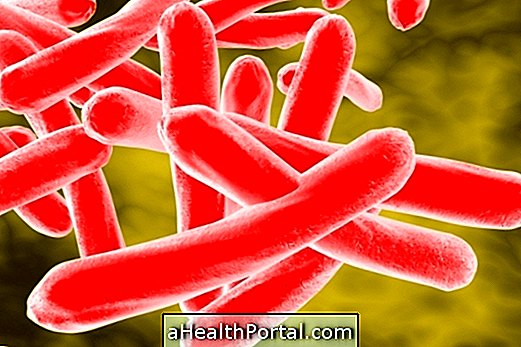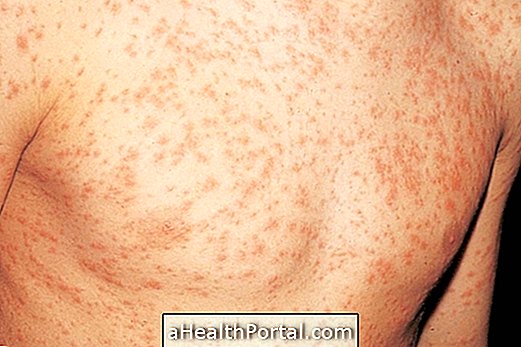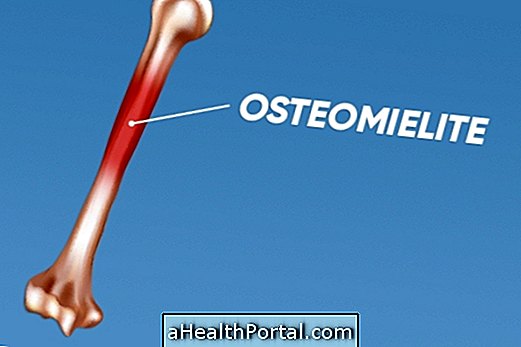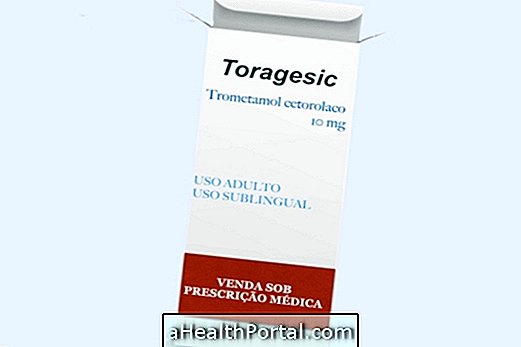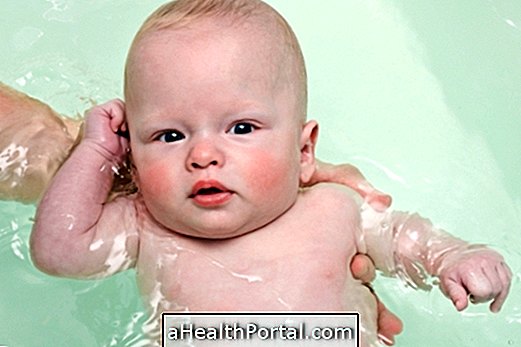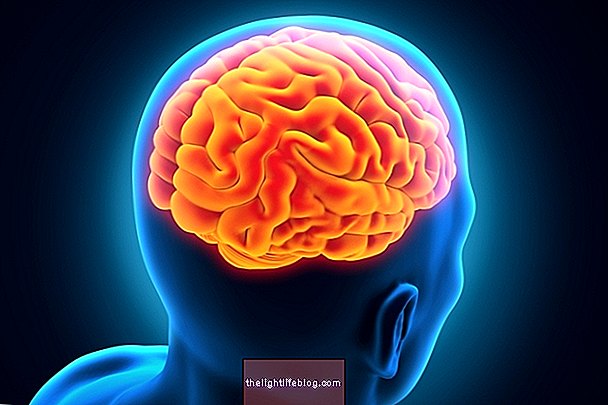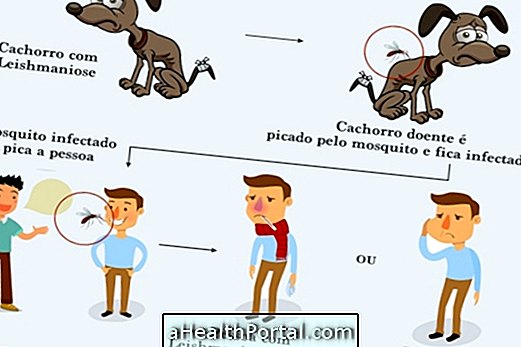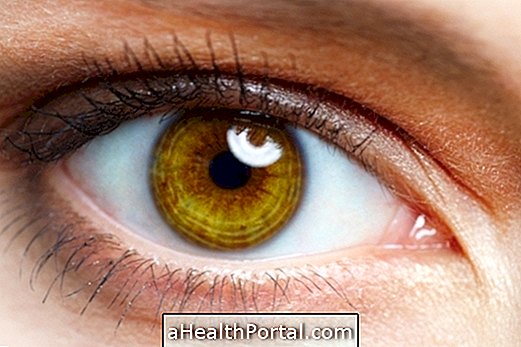Viral meningitis is a serious illness that causes symptoms such as severe headache, fever and stiff neck due to the inflammation of the meninges, which are the tissue that surrounds the brain and the marrow.
Viral meningitis usually has a cure and is easier to treat than bacterial meningitis, and only analgesic and antipyretic drugs are needed to relieve symptoms.
Viral meningitis can be transmitted from person to person and so it is important to take preventive measures, such as washing hands and avoid close contact with patients, especially during the summer, which is when the disease is more frequent.
Viruses that can cause viral meningitis are enterovirus such as echo, coxsackie and poliovirus, arbovirus, mumps virus, herpes simplex, herpes type 6, cytomegalovirus, Epstein-Barr virus, varicella zoster, measles, rubella, parvovirus, rotavirus, smallpox, HIV 1 virus and some viruses that affect respiratory function and which may be present in the nasal region.
If you want to know more information about bacterial meningitis, the most serious form of the disease see here.
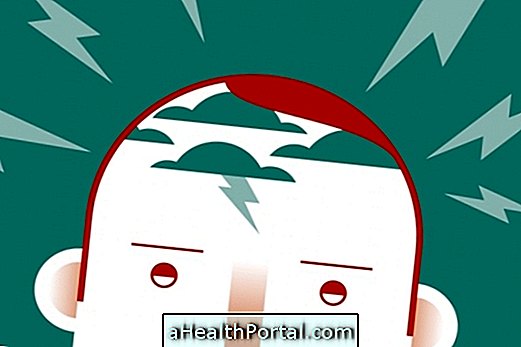
Treatment for viral meningitis
The treatment for viral meningitis lasts about 7 days and should be done in isolation in the hospital by a neurologist, in the case of the adult, or by a pediatrician, in the case of the child.
There is no specific antiviral for viral meningitis and so analgesics and antipyretics such as Paracetamol and serum injections are used to alleviate symptoms and to hydrate the patient until the virus is eliminated from the body.
However, if meningitis is caused by the Herpes Zoster virus, antivirals such as Acyclovir may be used to help the immune system to eliminate the virus. In this case, the disease is called herpetic meningitis .
In more severe cases it may be necessary to perform a brain surgery bringing improvement of the picture. However, in some people there may be complications that can lead to coma and brain death, but this is a rare complication of the disease.
Find out how home treatment is done, signs of improvement, worsening and complications of the disease.
Symptoms of viral meningitis
The symptoms of viral meningitis are mainly neck stiffness and fever above 38ºC, however other signs include:
- Splitting headache;
- Nausea and vomiting;
- Hypersensitivity to light;
- Irritability;
- Difficulty to wake up;
- Decreased appetite.
Typically, the symptoms of viral meningitis last for 7 to 10 days until the virus is cleared from the patient's body. Find out more about the signs of viral meningitis in: Symptoms of viral meningitis.
The diagnosis of viral meningitis should be made by a neurologist through blood test or lumbar puncture. See other exams that may be needed.
Sequelae of viral meningitis
The sequelae of viral meningitis may include memory loss, decreased ability to concentrate or neurological problems, especially in patients who have had viral meningitis before the first year of life.
However, the sequelae of viral meningitis are rare, mainly arising when treatment is not started quickly or is not done properly.
Transmission of viral meningitis
Transmission of viral meningitis can happen through close contact with the infected person and so it is important that if it is treated at home, there are no close contacts. See all you can do to protect yourself from viral meningitis.

